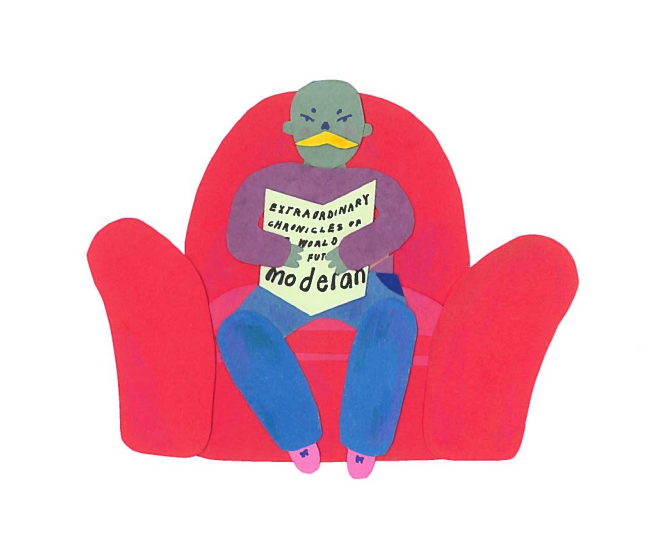The biennial Montreal International Poetry Prize is happening now, with submissions open until June 10, and this year, McGill’s Department of English is hosting. Known colloquially as the “Prize,” this competition was founded in 2010 as an initiative by Montreal poet and literary critic Asa Boxer. The Prize awards $20,000 for the best poem of 40 lines or fewer and will include its top 50 poems in an anthology published by Montreal’s Véhicule Press.
This year marks the first time that McGill’s Department of English will oversee the Prize. Professor Miranda Hickman notes that this is an important opportunity for the department.
“We’ve been working on this transfer of the prize to McGill English for quite some time,” Hickman said. “It’s an exciting opportunity for the department.”
The spirit of the Prize is founded in Montreal’s rich literary history, with many distinguished poets— A.J.M. Smith, Irving Layton, P.K. Page, and Leonard Cohen, to name a few—having called the city home. McGill holds a special place in that history: Many prominent writers have also served as faculty members, such as Sir Andrew Macphail and Louis Dudek, who also mentored and nurtured many aspiring poets.
Led by Hickman, her fellow McGill professors Eli MacLaren and Michael Nicholson, and graduate students, the Prize strives to be accessible to everyone. The Prize’s digital application process distributes each applicant’s poem anonymously to one of 10 international jurors. Each juror picks their top five poems, then Pulitzer Prize winner Yusef Komunyakaa selects the winning poem anonymously. A new feature brought forth by this year’s Prize team is the option of sponsorship. As Professor Michael Nicholson of the Department of English notes, sponsorship builds an international poetry community by supporting new poetic styles and creative expression.
“For many, entering the Prize in itself is not only an [example of] community building and altruism in the arts, but also an endorsement of a digital poetry network collectively working to disregard the limits of status, border, and stratification so often constraining major national prizes in the arts,” Nicholson said.
These measures aim to create a welcoming, open environment for anyone who wishes to enter. McGill English Literature second year graduate student and Prize team member Zoe Shaw noted that the Prize has an incredible incentive.
“$20,000 for one poem might have otherwise been an impossible dream for many, but the accessibility and openness of the Montreal Prize show that everyone has a chance to win,” Shaw said.
Shaw noted that she has been pleasantly surprised by the amount of interest. There have been over 2,600 submissions from 75 countries worldwide.
The Prize’s communal aspect has perhaps never been more important than in the present pandemic, where in a world of isolation and silence, one can have a voice.
“Poetry’s exploratory languages can help move past cliché for what we think and feel [and] towards new modes of expression that can feel like forms of sustenance,” Hickman said.
Literature and art have always helped to bridge gaps between people from historically isolated societies. In the wake of the COVID-19 pandemic, poetry can alleviate silence and loneliness.
“In times of pandemic, poetry can be a mode of eloquence,” Hickman said. “We need extraordinary language for extraordinary times.”
That is what the Prize seeks to do. It allows everyone the opportunity to have some agency in an increasingly chaotic world, and provides solidarity in a new type of community that breaks isolatory boundaries. McGill is proud to host the event, and hopes to expand an already rich poetic history into the present, helping to create poets and voices of the future.
More information can be found on the Montreal International Poetry Prize’s website, Facebook page, and Twitter.









